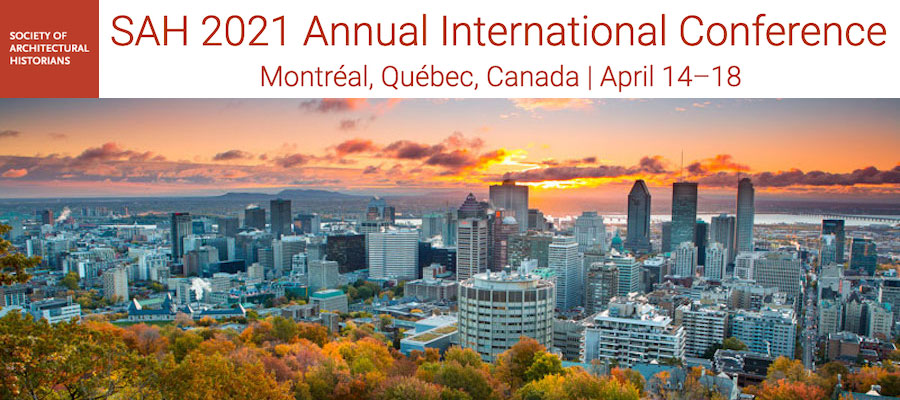Revisiting Pilgrimage Spaces in the Middle Ages, session at the 74th Annual International Conference of the Society of Architectural Historians, Montréal, April 14–18, 2021
During the Middle Ages, men and women of diverse social classes traveled from near and far to visit key pilgrimage sites such as the Holy Land, Rome, Santiago de Compostela, and Mecca. In addition to these famed destinations, local sites and saintly relics increasingly attracted large groups of visitors, and were used as justification for sumptuous building projects. Because pilgrimage sites provide logical points of contact for the exchange of ideas, experiences and commerce, art and architectural historians developed a narrative that suggests there was a particular architectural form with specific features in order to make it easy for visitors to navigate the space. As a result, studies have traditionally focused on a specific church, mosque or shrine, often neglecting the numerous buildings and infrastructure necessary to receive large groups of visitors (e.g. inns, bridges, and roads).
This session seeks to extend traditional inquiry to consider the varied design solutions employed in the Middle Ages to accommodate the diverse uses of pilgrimage spaces. Paper proposals may consider questions such as: How do pilgrimage sites accommodate large and diverse groups of visitors, while also serving a local community? Are there more fruitful ways to discuss medieval pilgrimage and its architectural solutions? Can new approaches to data and visualization aid in analysis of the diversity of buildings both along established pilgrimage routes as well as less well-known destinations? How can the consideration of landscape or topography change or enhance our understanding of pilgrimage spaces? How can we integrate discussion of the numerous buildings and infrastructure necessary to receive pilgrims when so few examples survive? The session welcomes papers on subjects from Latin, Byzantine, and Islamic contexts.
Session Chair
Kristine Tanton, Université de Montréal
